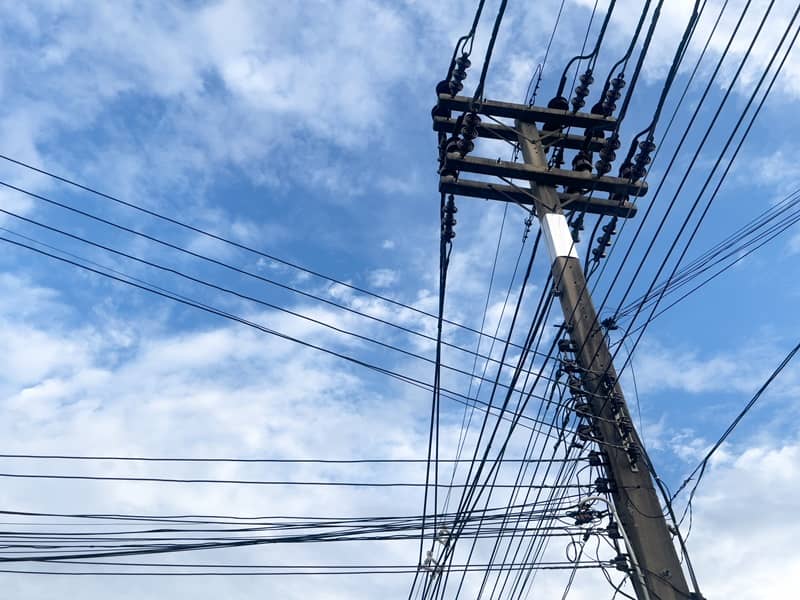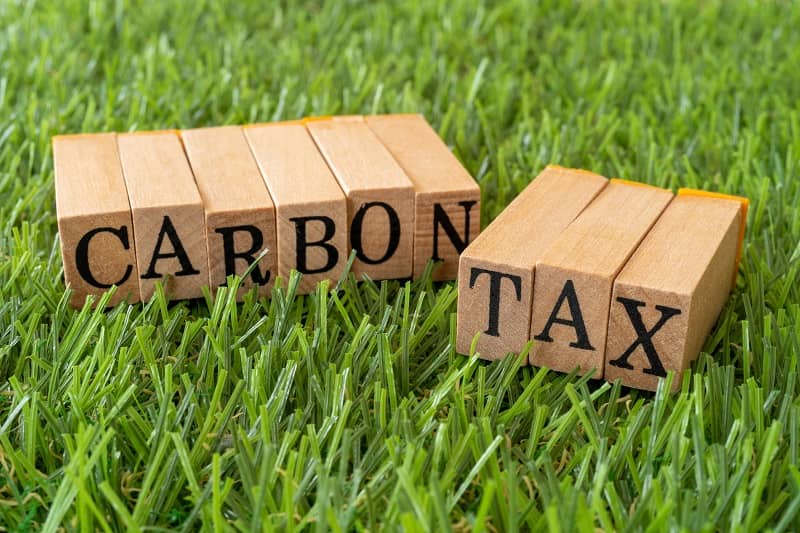By William Newell
Since 2001 the City of Portland has aimed to obtain all of its electricity from renewable sources. More than 10 years later, the City has failed to meet its own goals, even after renewing the pledge in 2009 and again in 2012.
To achieve its long-standing goal, the City has sought to purchase renewable energy certificates (RECs), which are said to “offset” emissions from electricity use. Unfortunately, RECs have major problems.
First, RECs are not required to show what emissions were avoided in their “production,” so there are few concrete savings for the City to claim. Second, intermittent energy sources require back-up power to maintain grid reliability. When wind dies down, as it often does, the system must make up the shortfall from natural gas and coal plants. Because some plants must “idle” while others “rev” their electricity production up and down, the plants utilize more fuel to produce less electricity. This ends up mitigating much of the claimed pollution savings.
Many Portlanders dream that the City can perfectly meld an urban forest with the concrete jungle, but behind Portland’s green curtain is an unaccountable government wasting taxpayer dollars on what amount to environmental “indulgences.”
William Newell is a research associate at Cascade Policy Institute, Oregon’s free market public policy research organization. He is a graduate of Willamette University.











